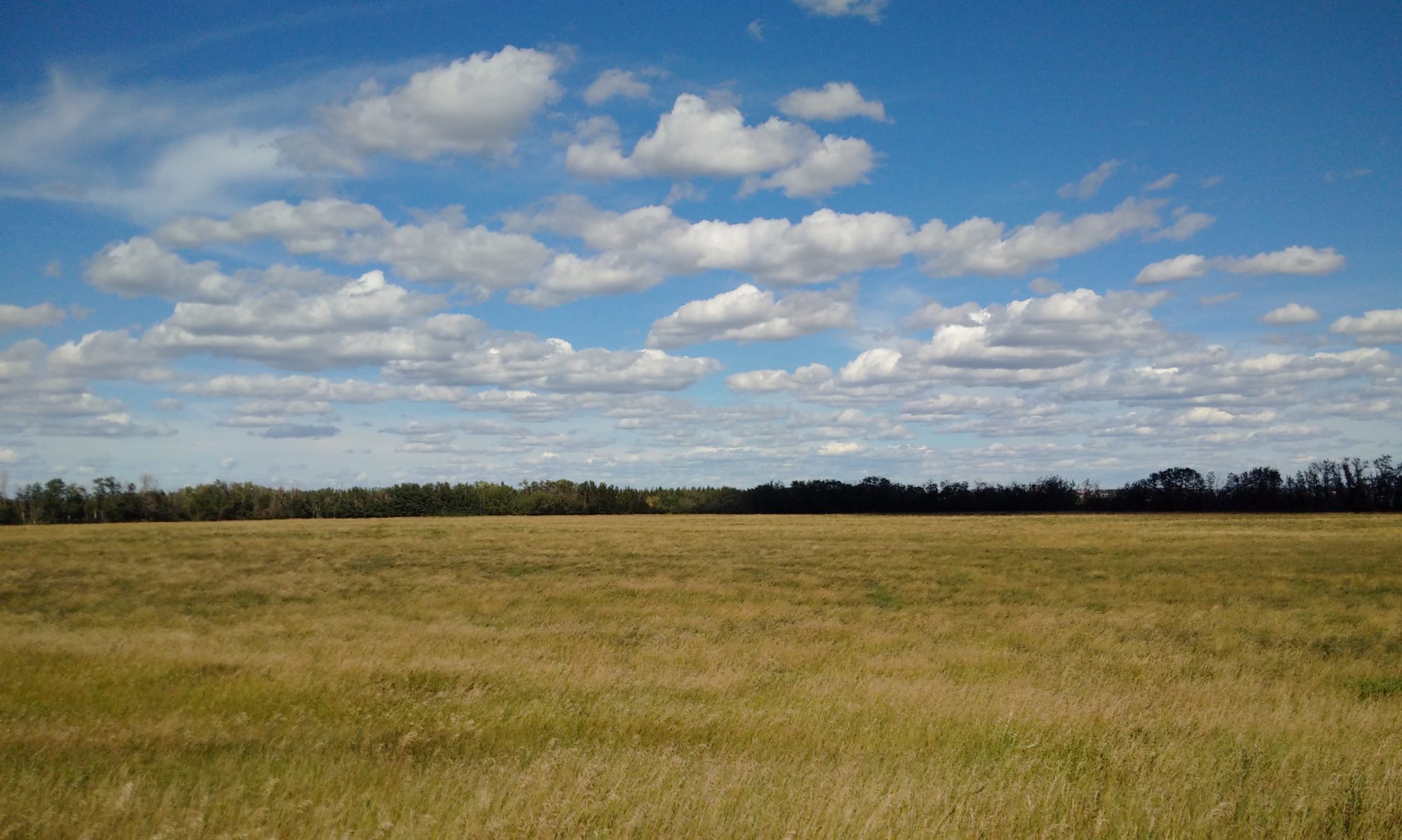Good morning Committee members and other members of City Council. My name is Miranda Jimmy. I am a member of Thunderchild First Nation, proud Treaty person, and an active member of our city’s Indigenous community. For nearly 20 years now, I have been employed in and engaged with Edmonton’s arts and cultural sector. When I first moved to this city, the arts were a way of connecting with the people and pulse of my new home and has continued to be the way I relate to my changing community.
More than 10 years ago as an arts administrator and citizen, I was involved in the creation of our city’s first cultural plan: The Art of Living. At the time, I felt honoured that an Indigenous person would even be invited to participate in the development of such an important document and saw my involvement in the process as a step towards inclusion in our city. However, when it was published and the recommendations approved by Council, it was clear that the Indigenous perspective were not important enough to be included. At the time, I chalked it up to a simple minority versus majority of population in our city. Again, I was feeling like I was just lucky to have been involved.
But in a decade, society has changed and so have I. The Art of Living was approved prior to Idle No More, the Truth and Reconciliation Commission of Canada, Canada agreeing to the UN Declaration on the Rights of Indigenous Peoples and the City of Edmonton’s own MOUs with the Confederacy of Treaty Six First Nations, the Métis Nation of Alberta, and Enoch Cree Nation. Being invited to sit at the table can no longer the inclusion goal. Indigenous peoples need to be partners in planning the meetings and their opinions need to be valued, respected, and included when decisions are made.
Over the past year, I have been angered and disappointed by the approach that was taken to bring this new 10-year cultural plan forward to City Council. It was evident to me from who was invited to participate and who wrote what is before you, that respect for Indigenous peoples and the Treaty relationship is not the guiding force. Although once again, Indigenous people were permitted at the table for the discussions, the Indigenous knowledge shared through the process has not manifested itself in the pathway forward for culture in our city.
Simply acknowledging this Treaty relationship is not an acceptable form of Indigenous inclusion and I don’t want it to be the benchmark for the next 10 years to come. I want to see inherent respect for that Treaty relationship reflected in every step of development and execution of all City of Edmonton plans. This means meaningful involvement from Indigenous Peoples from Treaty Six, the Métis Nation, and others who now make their home here. It means Indigenous Peoples being involved in goal setting and outcome measurements, being reflected in the concepts and language, and it means allowing Indigenous Peoples to hold decision makers accountable for their actions – the way those who are in good relations should do.
When talking about the cultural fabric of our city, we need to honour and embrace its foundation – a gathering place for Indigenous Peoples from across Turtle Island to share in cultural and creative practices that are still alive today. For the heritage and arts of Edmonton, this is where we come from and it needs to be central in planning for our future. For too many generations, First Nations and Métis traditions were outlawed and hidden. By continuing to deny meaningful involvement of Indigenous Peoples in the planning of our city, you are choosing to keep it that way.
In reading the report presented to you today, you’ll see there was an attempt to engage with Indigenous Peoples. Perhaps more Indigenous Peoples were consulted in the development of this plan versus the last one but the lack of impact to the plan itself remains the same. The perspectives of Indigenous Peoples were not present in the recommendations of the Art of Living and they are not present in the ambitions, aims and actions of The Connections & Exchanges Plan. This document creates no space for Indigenous involvement going forward and no accountability to make sure Indigenous ways will be respected in the work carried out as a result of this plan.
When I sat in consultation meetings more than a decade ago for the development of the Art of Living, I envisioned the future of arts and culture in our city a generation away. I saw Indigenous presence both in policy and physical form and an accepted belief that the Treaty relationship is our city’s past, present and future. This new plan for arts and culture in our city is meant to take us to that next generation but unfortunately all I see in it is more of the same lip service – a mention that Indigenous Peoples exist but not that we have valuable perspectives to contribute. I look forward to answering any questions and providing you with specific areas of concern in this plan. Ultimately, I don’t want to live in a city where my cultural existence is not seen as integral and respected by the decision makers who are responsible for building a city for all my relations.
The preceding speech was shared at Edmonton’s City Council Community and Public Services Committee on October 17, 2018. A video recording of the proceedings can be found online here.
